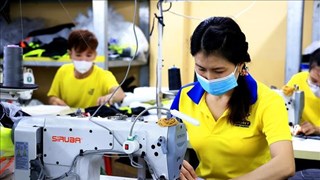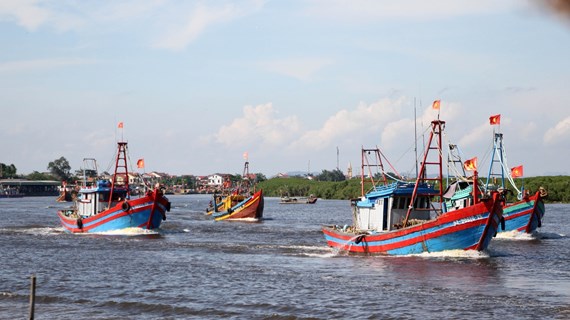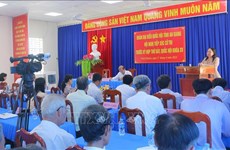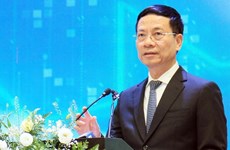Report identifies changes to potentially catalyse ASEAN’s green transition
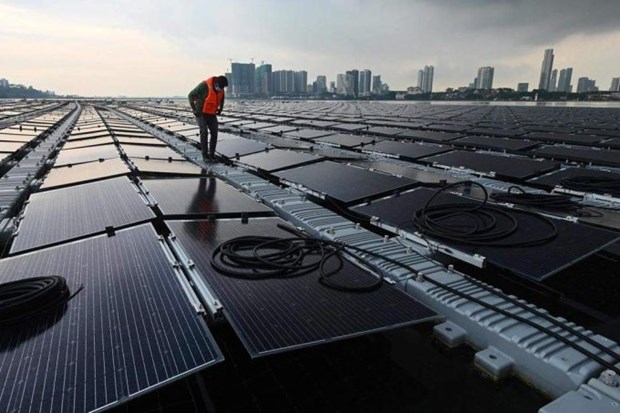 ASEAN countries are urged to make efforts in shifting away from carbon-intensive fossil fuels to renewable energy and the development of carbon markets. (Photo: AFP)
ASEAN countries are urged to make efforts in shifting away from carbon-intensive fossil fuels to renewable energy and the development of carbon markets. (Photo: AFP) Singapore (VNA) – The Singapore Institute of International Affairs (SIIA) has published a report entitled "Incentivising Green Transition in ASEAN", focusing on green transition in agriculture, energy and carbon market in the region.
The report provides the results of research and analysis on a pivotal challenge facing the Association of Southeast Asian Nations ( ASEAN) in the coming decades and points out the need to balance the economic growth agenda to deliver on material progress to uplift its society while also reducing its overall greenhouse gas (GHG) footprint.
The report identifies three key levers of change that could potentially catalyse ASEAN’s green transition. This includes efforts by the agribusiness, shifting away from carbon-intensive fossil fuels to renewable energy and the development of carbon markets.
According to the report, to continue sustainably along this growth model, ASEAN countries must reduce the carbon footprint of its resources sectors while also transitioning to cleaner sources of energy to power its industrial base. It needs to provide incentives for this change without crippling the governments’ finances or opening the door to misuse. ASEAN needs to execute its green transition well to maintain its competitive edge, especially as major markets around the world are adopting regulations and trade rules that require sustainability metrics to be reported, with the aim of reducing emissions in supply chains.
Most ASEAN countries have already committed to net zero or carbon neutral goals. However, at present, vested interests are holding back the region’s green transition. While support for green initiatives is increasing, it remains nascent. Fossil fuel and polluting industries are often still receiving government subsidies. There is therefore a need for a paradigm shift in incentive structures to bring about real change.
This report was based on research carried out by the Singapore Institute of International Affairs, as well as interviews with a wide range of stakeholders, including government agencies, trade associations, businesses, financial institutions, consultancies, and academic institutions.
It was launched at the Sustainable World Forum (SWF) with the theme “Enabling ASEAN’s Green Transition in a Digital World” organised by SIIA in Singapore, just two weeks before the 28th Conference of the Parties to the UN Framework Convention on Climate Change that will be held in Dubai, the United Arab Emirates, from November 30 to December 12, 2023./.
